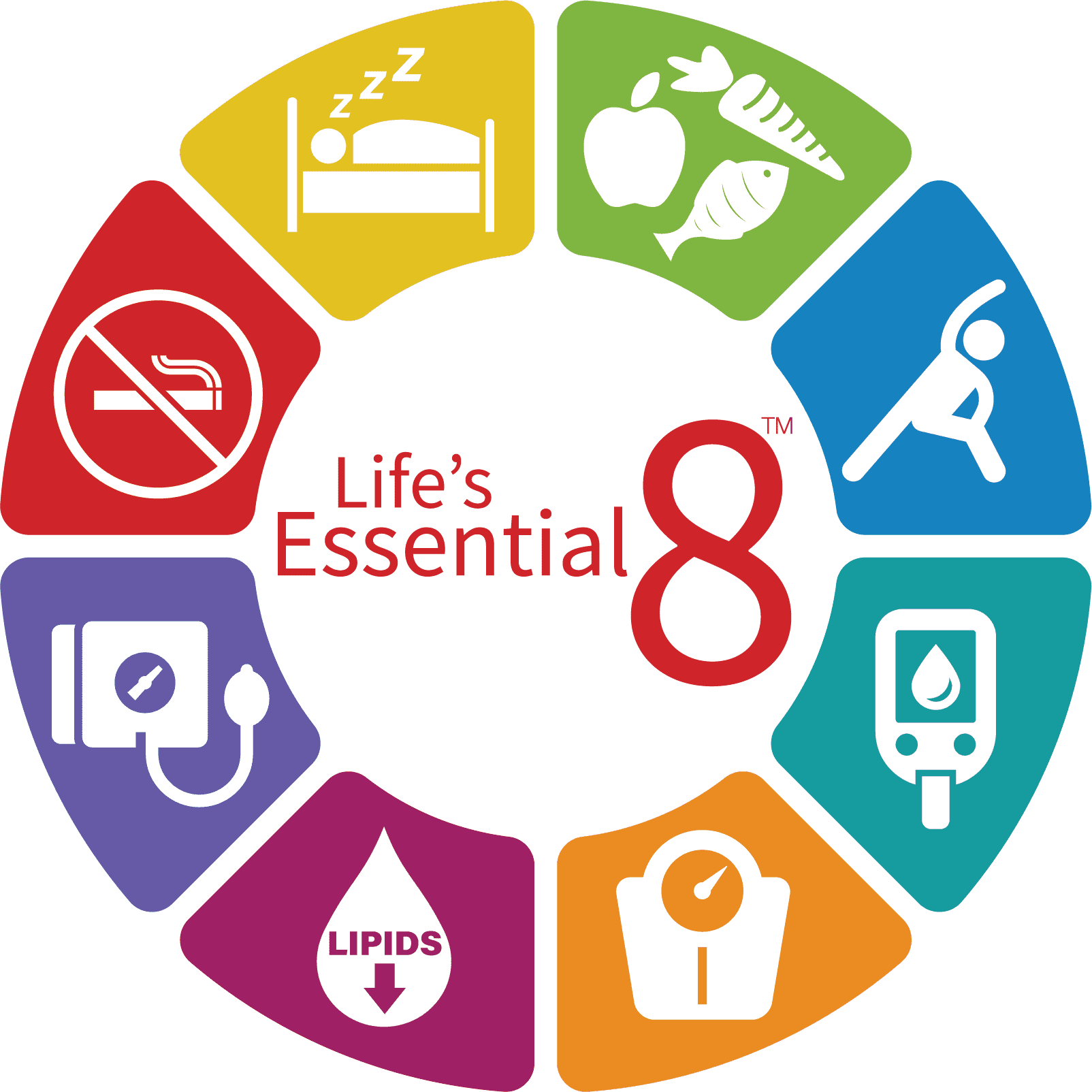By Alyssa Dearborn
Photo by Tara Polcara
If you’re struggling, AnnMarie Otis wants you to think about one existential question: What would the people in your life miss about you? What wouldn’t you get to experience if you weren’t here?
In short, what would you miss?
“When I think of what I’d miss most,” she said, “it’s not a job or that I’m a mom or that I have a house. It’s none of those things. It’s the fact that I sing really loud in the car and I love doing that. It’s that I make the best Italian cookies that you will ever eat. I love to tell inappropriate jokes. These are the things that make me unique, and those are the things I would miss.”
That’s why Otis created “What Would You Miss?,” a suicide prevention campaign that attempts to reframe the thought process for people struggling with mental illness. The effort, which is done in partnership with the S.I. Newhouse School of Communications at Syracuse University and the National Alliance on Mental Illness, includes a social media campaign, as well as a podcast and PSAs.
For Otis, the struggle is a very personal one.
“I was hospitalized about eight years ago,” she said. “I had amazing friends who were super supportive.”
But their words of support did little to convince her that it was all worth it.
“They would say, ‘Oh, you’re such a great mom and such a great friend,’ and it’d make me feel worse,” she said. “I just thought, ‘Oh God. I suck.’ If I wanted to kill myself and I’m all these things then I really suck, like there’s something wrong with me.”
Instead, Otis started looking at her own life: what would make it worth it? She made a list of everything about herself that the world would lose if she took herself out of it.
“My list was very long. And it made me feel like I had worth,” she said. “When you’re depressed like that and you’re having suicidal thoughts, you feel like there’s no hope. And the reason there’s no hope is that you feel worthless. Those silly things that make me uniquely me make me feel worthy. That gave me hope.”
After the realization that just a simple question could give people hope and talk about their mental health, she began asking her friends, family, and eventually strangers what they would miss about their own lives. This led to the several collected anecdotes and answers featured across What Would You Miss?’s social media pages. Some stories, as Otis elaborated, became testimony of how her mission had the potential to make a real difference.
She pointed to one local mother whose son texted her when he was in crisis at school.
“She messaged me and said that her son texted her at school, saying, ‘I need you to pick me up. I was going to kill myself today, but you made me think that I’m not a burden to you. I think I need to go to the hospital again,’” Otis said. “He’s been hospitalized before and has had several attempts. She picked him up from school and she was messaging me from Upstate.
“If What Would You Miss? failed today,” she added, “it wouldn’t matter because it saved that child’s life. It has already made a profound impact on people’s lives. I want this to succeed so bad, but if it fails, it wouldn’t matter to me because it saved someone’s life already.”
Otis’s unique approach to talking about the delicate subjects of mental health and suicide prevention bring the individual spirit back to the center of the conversation. With a public service announcement and an upcoming podcast, “What Would You Miss? also aims to make the conversation more accessible and open to everyone.
“The first person we’re going to have on the talk show podcast is the director of the American Foundation of Suicide Prevention.,” she said. “We want to talk about safe language. We need to change the conversation and the language we’re using in the mental health space because what we’re doing is perpetuating stigma. And we’re doing it in such an extreme way.”
Every day, people are misinformed — mainly through entertainment media — about people with mental illnesses and how mental illness effects their own community. These misconceptions, as Otis explained, lead people to view those who struggle with their mental health in a negative light.
“Take a look at ‘Law & Order’ and all those shows,” Otis said. “Who is the criminal every time? I’ll tell you who it is. It’s someone with mental illness, someone with schizophrenia, someone who is bipolar, which is completely false. People with a severe mental illness are 10 times more likely to be the victim of a crime, not the one committing the crime. We need to change the language and make the conversation safe. The more we talk the better chance we have of making a real impact.”
There are many things that each person can do to make the conversation surrounding mental health safer, but one of the best — and easiest — things we all can do is be there for each other and support those struggling with their mental health.
“The first thing I would say is that you’re not a burden. And I would let them know that it’s safe to have a conversation about what going on,” Otis said. “I’d also let them know that they’re not alone. I hate that sentence sometimes because it sounds so trite, but you’re not alone and that’s really important.”
Knowing what to say to and do for a loved one who experiencing a difficult time can also be intimidating, but Otis reminds us how important it is to learn how to be there for others.
“Don’t be scared of what they’re going to say,” she said. “I think that’s a very important aspect of it. As a mom it’s really hard when your kid says to you, ‘I don’t want to be here anymore.’ Hearing your kid say that is intense. But you need to understand that they are having these emotions, and it’s okay to have these emotions. They are just feelings. Actions are what you really need to worry about. So let them talk to you in a safe way.”
For more information, visit Facebook.com/whatwouldyoumiss/ or Instagram.com/what_would_you_miss/.
If you are struggling with suicidal thoughts, please call the National Suicide Prevention Lifeline at 1-800-273-TALK (8255) or contact the Crisis Text Line by texting TALK to 741741.





